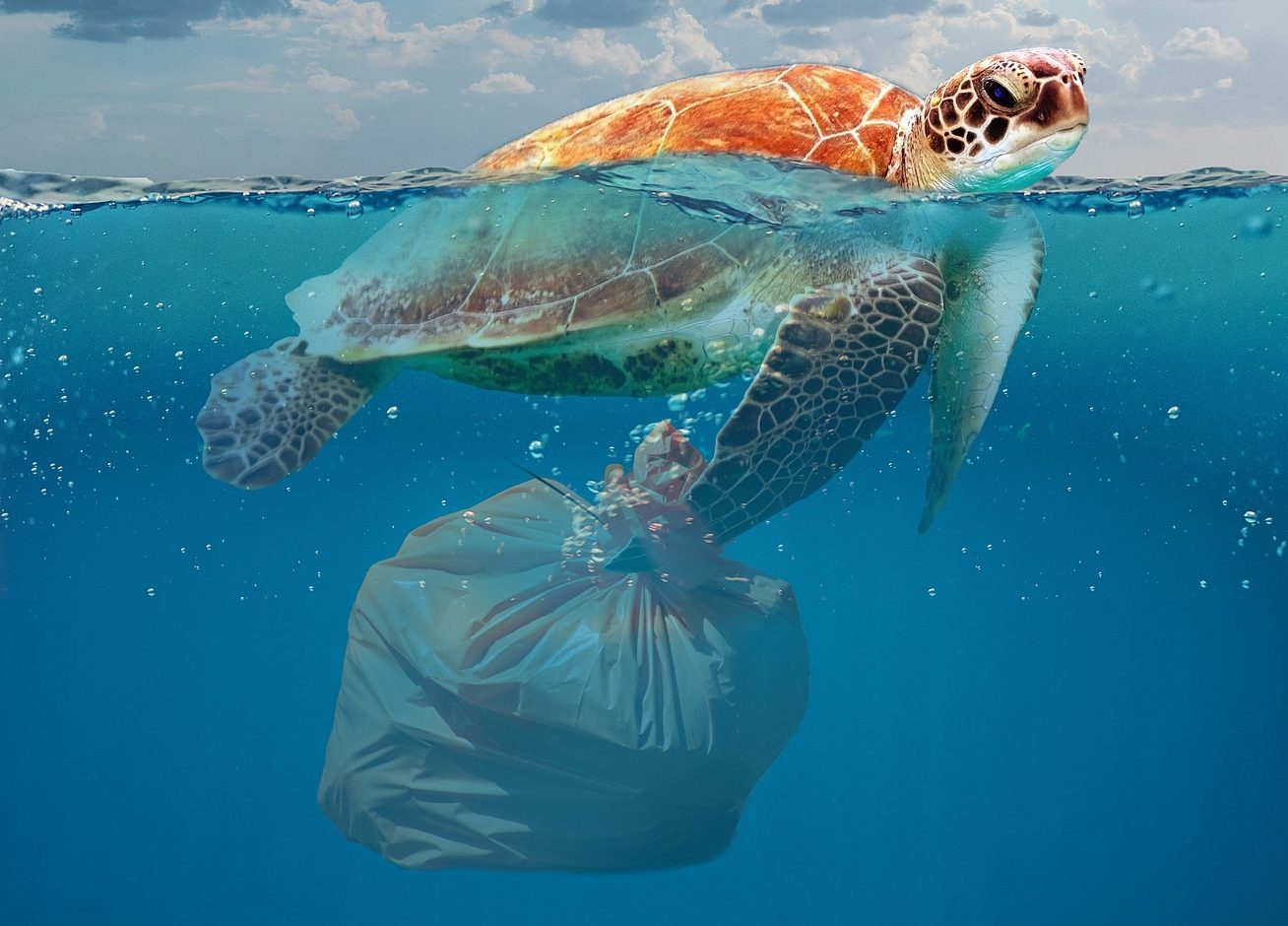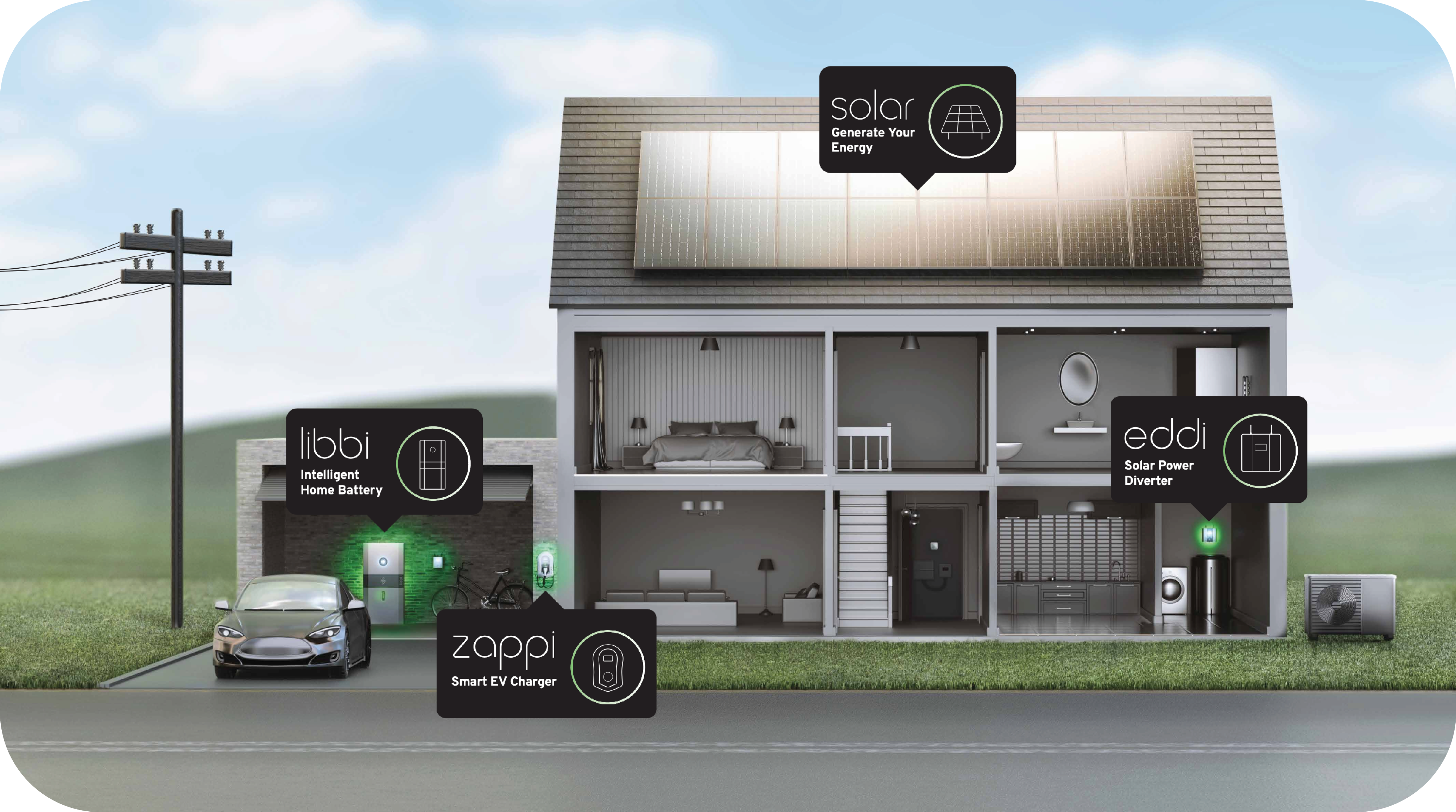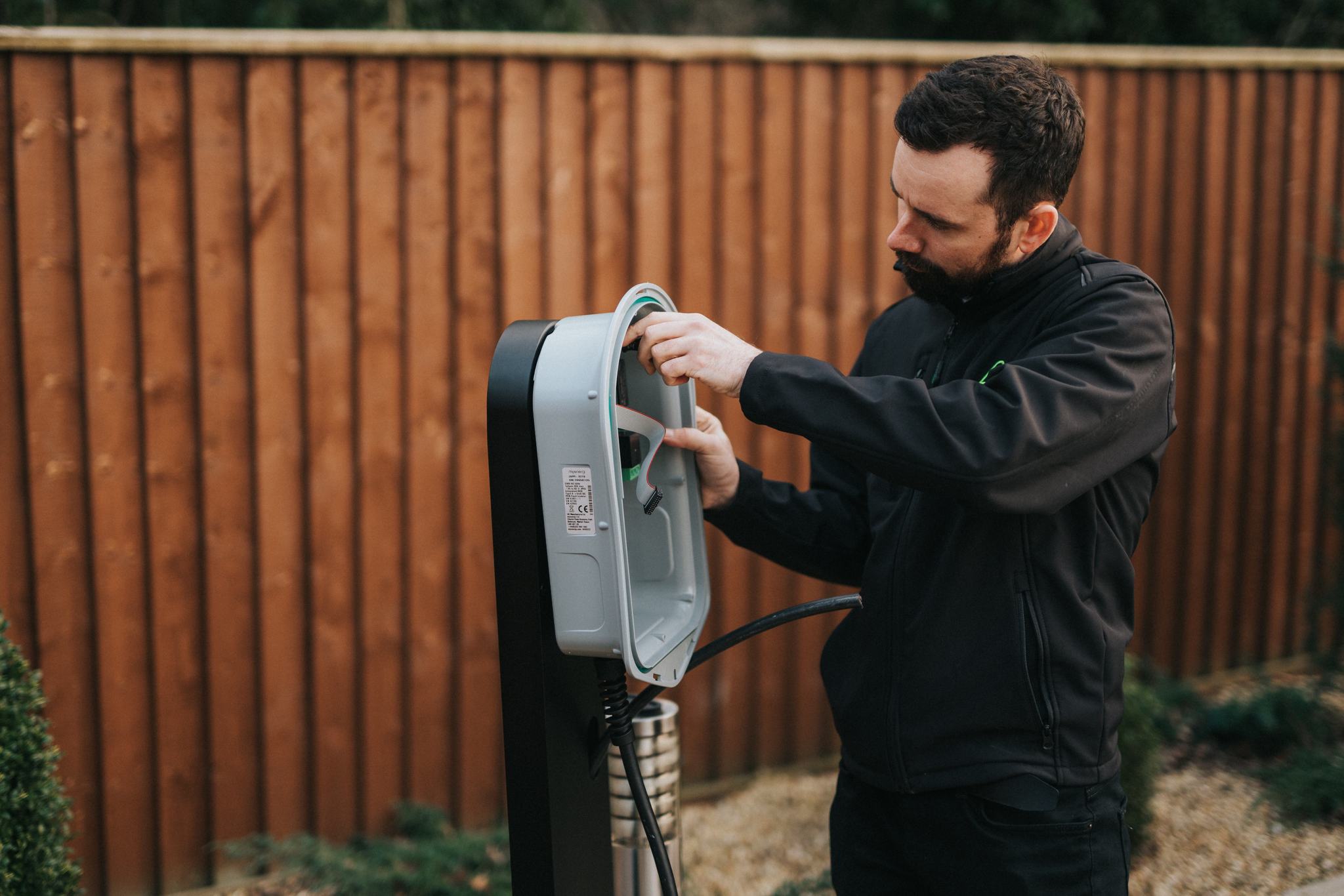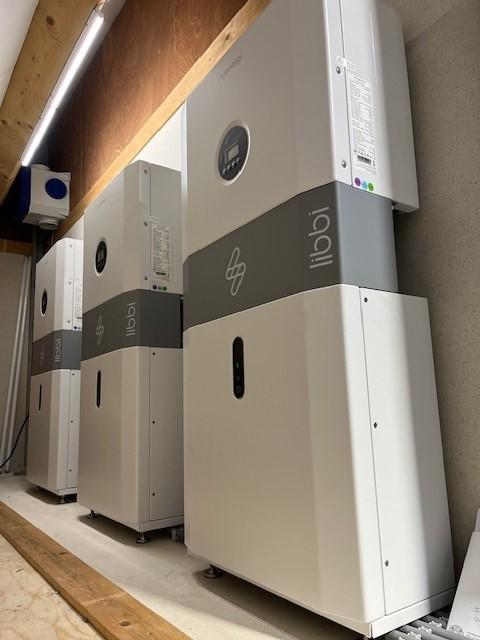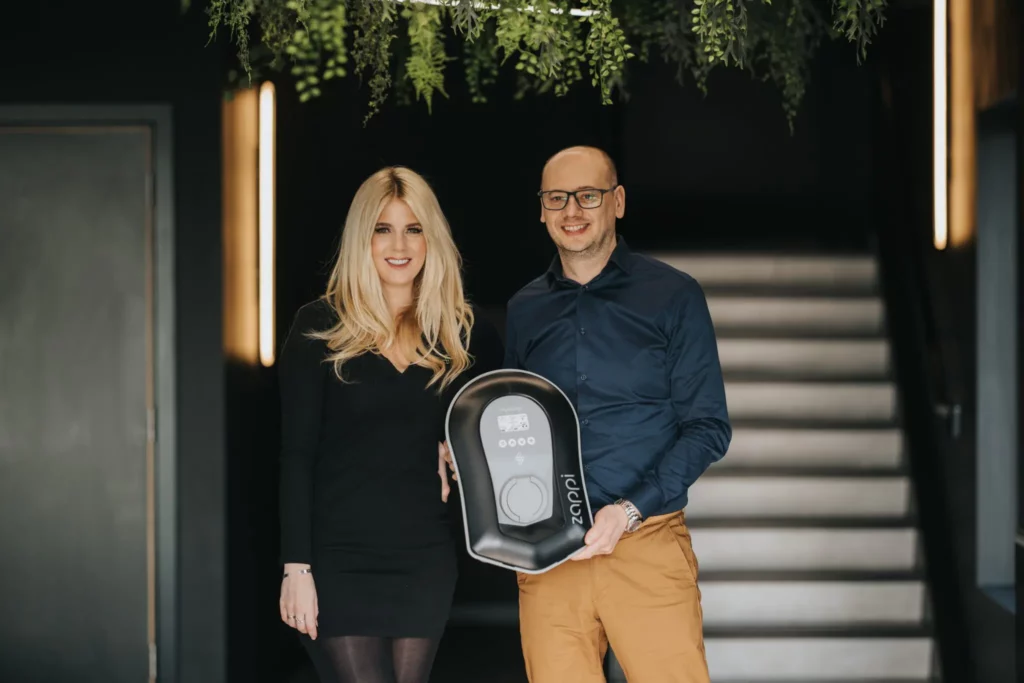Every day we create an enormous amount of waste. In recent years, plastic has played a major role in this. In the last 50 years, the production of plastic has increased 20 times over. If we don't stop it, in 30 years there will be more plastic than fish in our oceans. Fortunately, more and more companies are producing plastic-free products.
Why choose plastic-free products?
Plastic is made from fossil fuels and does not decompose. Plastic waste continues to break down into tiny pieces until it cannot be seen with the naked eye. These micro- and nanoplastics then continue to roam around the earth. It has a major polluting effect on land, water, air and nature. Moreover, in recent years it has become clear that it also has a negative effect on our own health.
The Plastic Soup Foundation listed some facts about plastic:
- Almost 40% is used for packaging material;
- 40% of all plastic products are thrown away within a month;
- Every year, some 300 million tonnes of plastic end up in landfill;
- An average European throws away 174 kg of packaging waste every year. 19% of this is plastic;
- The fields in which our crops grow are 4 to 23 times more polluted with microplastics than the oceans;
- Everyone ingests microplastics through the food chain and drinking water.
By your reduce plastic consumption and choosing plastic-free products, you can make a big difference.

Plastic-free products in the bathroom
Plastic is often used to package food, but your bathroom is probably also full of plastic. While in the kitchen some 90% of the packaging is recycled, in the bathroom it is only 50%. Often, personal care products are more difficult to swap for plastic-free alternatives. Yet there are plenty of alternatives available. See if you can swap the following products for more sustainable alternatives:
- Plastic toothbrush > bamboo toothbrush;
- Toothpaste tubes > glass jars with toothpaste tablets;
- Disposable blades > steel razor;
- Plastic-wrapped pads > washable pads or organic menstrual cups;
- Shampoo bottles > shampoo bars;
- Shower gel > separate piece of soap.

Plastic-free products in the kitchen
As we mentioned earlier in this blog, almost 40% of all plastic is used for packaging. By buying plastic-free products, we can save a lot of waste. The following tips will help you save more plastic.
- Buying fruit and vegetables loose instead of wrapped in plastic;
- When shopping, bring your own bag instead of asking for a plastic one;
- Is there a product in cardboard packaging? Then please choose one.
- Buy products such as rice, nuts and pasta at a plastic-free shop and put them in your own glass jars;
- Please bring your own bread bag.

A future without plastic
At myenergi, we strive for a kinder, greener world. By taking small steps, such as buying plastic-free products, together we can make a long-term change and protect our future generations.

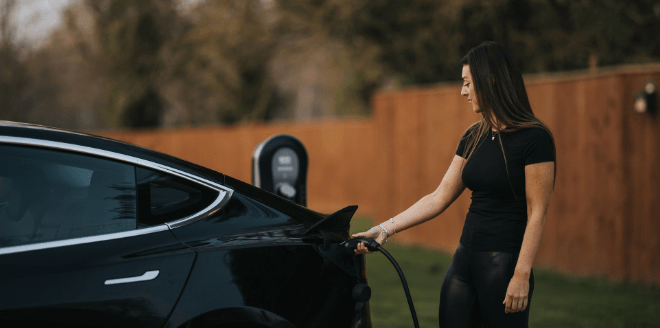 EV charging
EV charging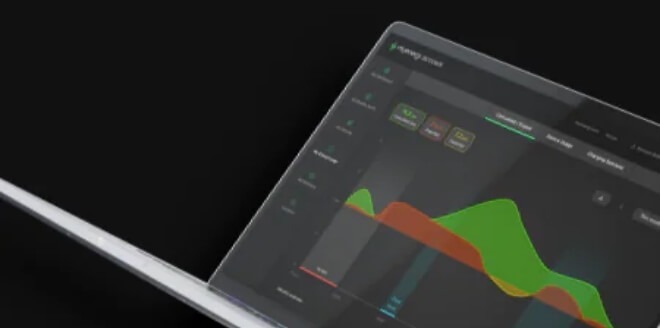 Manage your energy
Manage your energy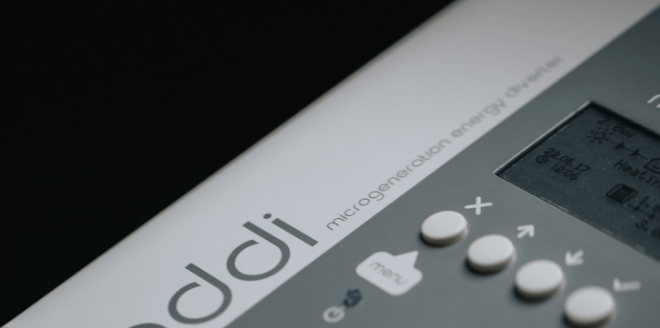 Maximize your energy
Maximize your energy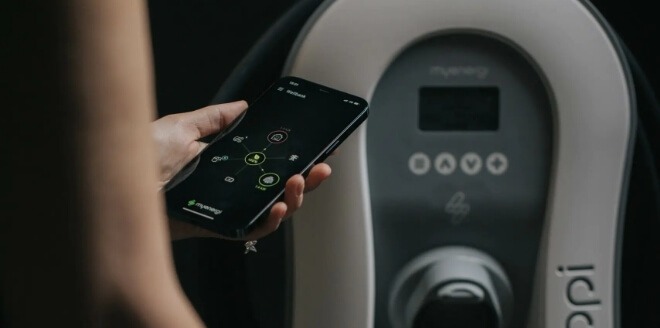 Monitor your energy
Monitor your energy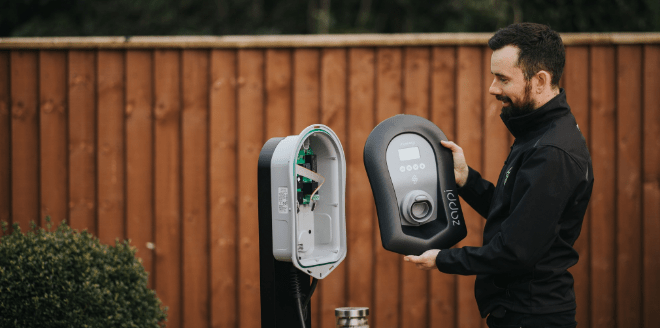 Find an installer
Find an installer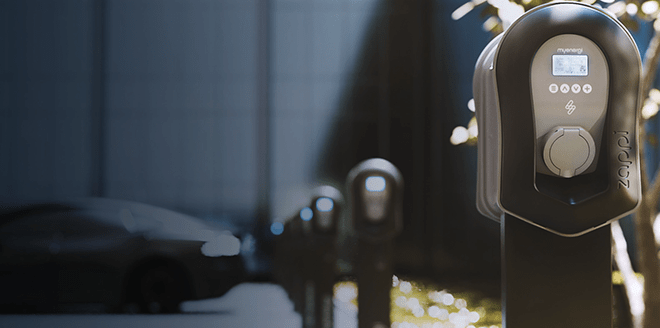 Business charging station
Business charging station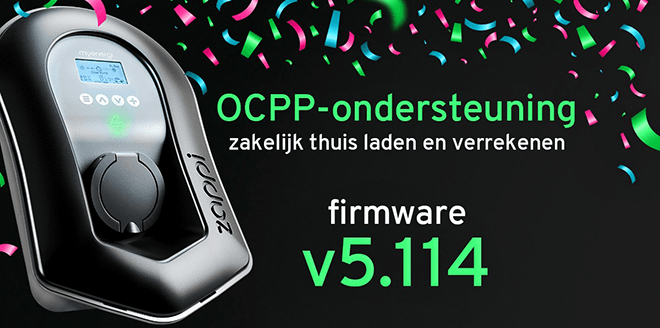 Pair zappi with a management platform
Pair zappi with a management platform